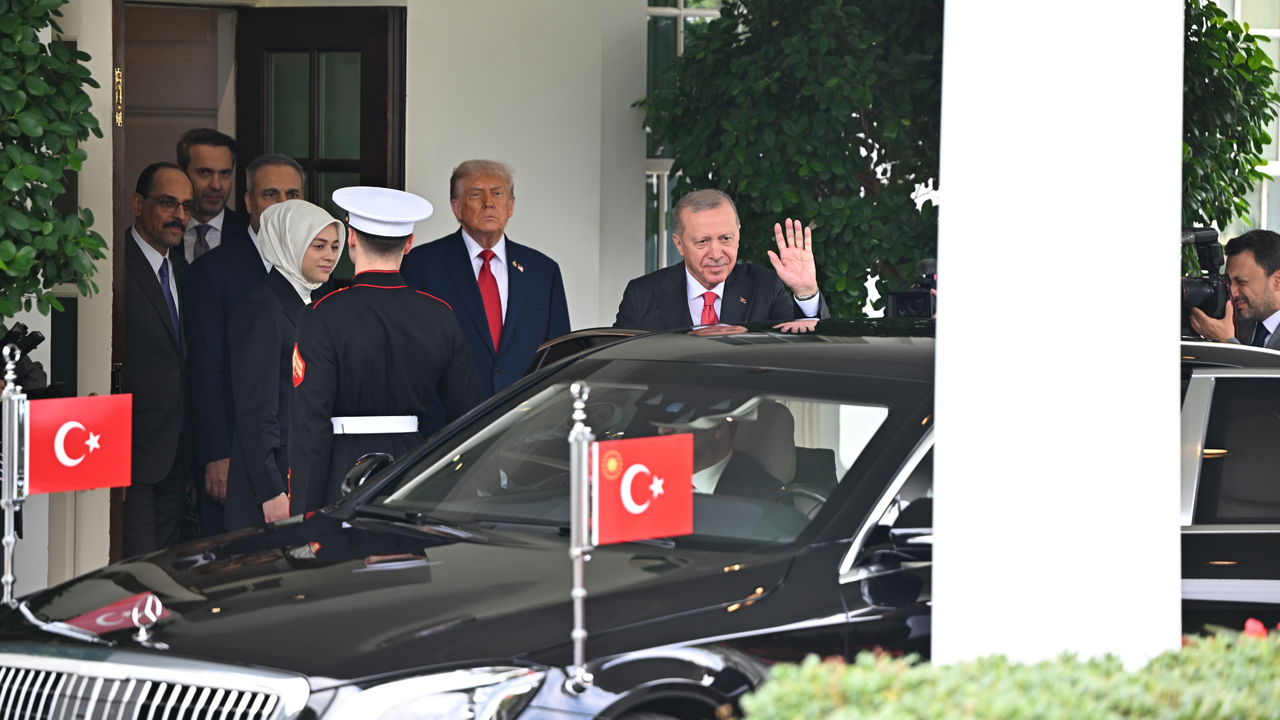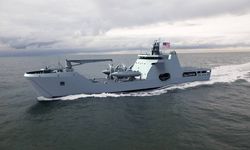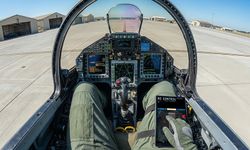Turkish President Recep Tayyip Erdogan’s recent meeting with U.S. President Donald Trump at the White House has sparked wide discussion in both diplomatic and political circles. What was initially framed as a “shared understanding” on halting the war in Gaza is now being read as a reflection of the current state of US - Türkiye relations and the shifting dynamics of the wider region.
Erdogan presented the talks as a step forward, underlining that both sides acknowledged the urgency of ending the bloodshed and the need for a two state solution. He pointed to growing international recognition of Palestine, citing the positions of over 150 countries and the latest moves by the UK and France. He argued that staying neutral in the face of Israeli actions only emboldens aggression, insisting that Türkiye would keep Gaza on the world’s agenda until a “just and lasting peace” emerges.
Trump, by contrast, was brief and upbeat. He called the meeting “great” and highlighted his personal rapport with Erdogan. But the absence of a joint press conference and the lack of concrete policy commitments left doubts about whether Washington’s rhetoric will translate into tangible steps.
The encounter also highlighted the breadth of issues shaping U.S.–Türkiye ties. Erdogan spoke about Syria, insisting that terrorist groups would have no role in any settlement and that Damascus’ reappearance at the UN signaled a slow return to legitimacy. He portrayed Türkiye as a regional mediator, pointing to previous efforts like the Black Sea Grain Corridor as examples of Ankara’s diplomatic weight.
Economic and defense questions were another part of the discussion. Erdogan reiterated the $100 billion bilateral trade target and mentioned cooperation in nuclear energy and aviation. Trump floated the possibility of easing sanctions and even Türkiye’s reentry into the F-35 program, though with no clear conditions. Such remarks underscored how transactional and uncertain the relationship remains.
Erdogan also used the visit to highlight Türkiye’s ambitions at sea. He referred to joint naval drills with Egypt and confirmed plans for a second aircraft carrier, designed to host the Kizilelma unmanned fighter. On Cyprus, his tone was uncompromising: he declared the federal solution defunct and argued that only a two-state arrangement reflects reality.
In Ankara, the trip was cast as a success, with Erdogan calling it “a beautiful visit that cannot be tarnished by slander.” In Washington, the coverage was more restrained, with emphasis on trade and defense while downplaying the more sensitive issues. The gap between statements and outcomes was striking, raising questions about whether the “shared understanding” amounted to more than symbolic alignment.
The meeting, Erdogan’s first at the White House since 2019, once again underscored the complicated nature of U.S.–Türkiye relations, marked by cooperation on some fronts and deep mistrust on others. The real test will be what follows, not what was said behind closed doors.











